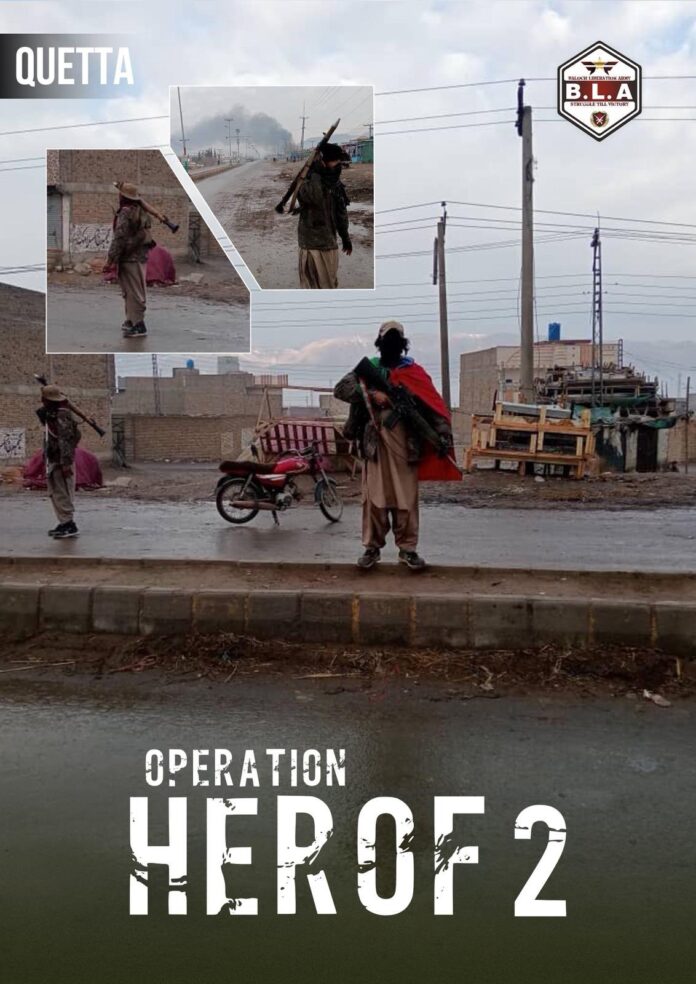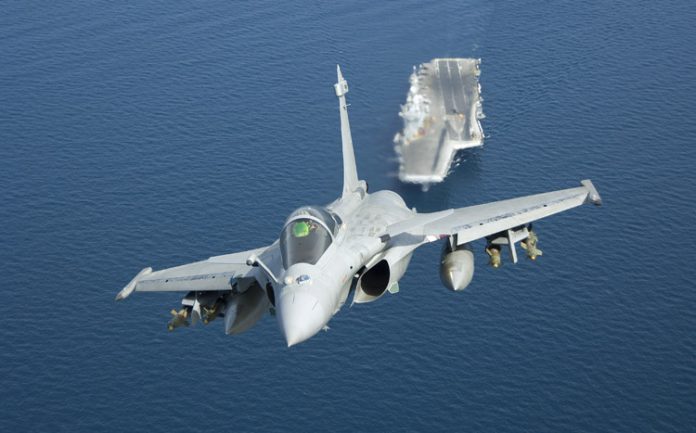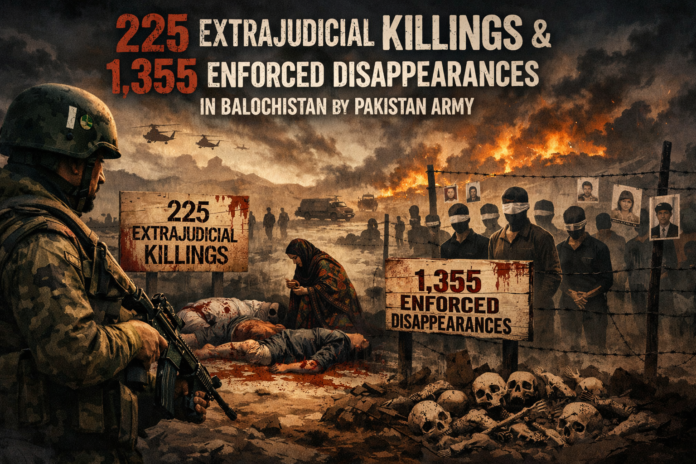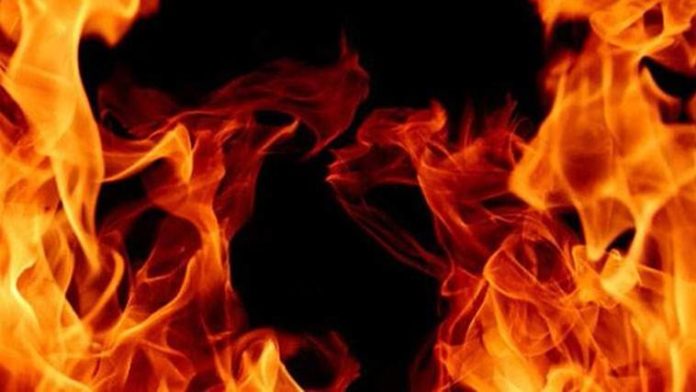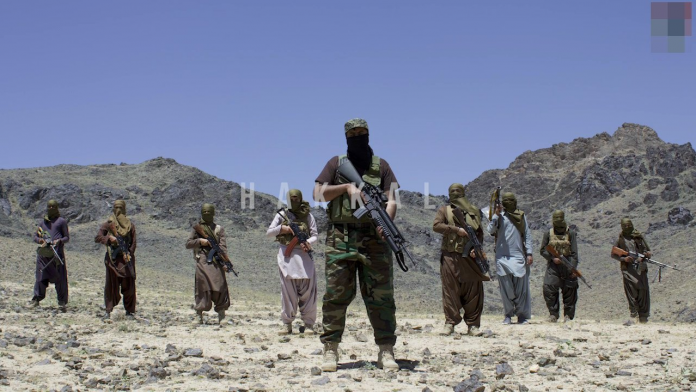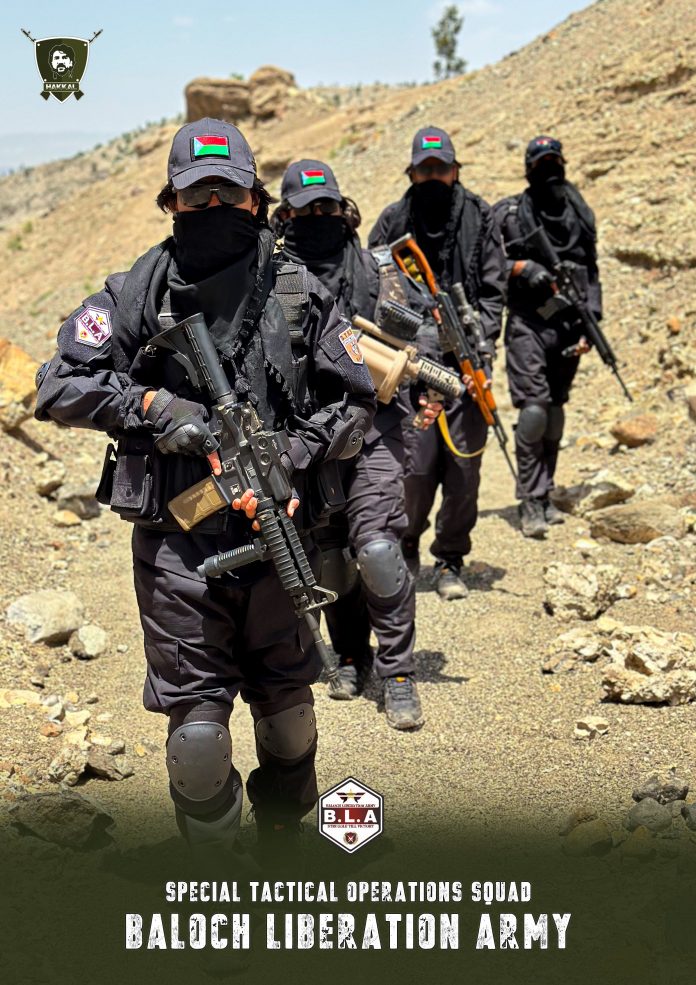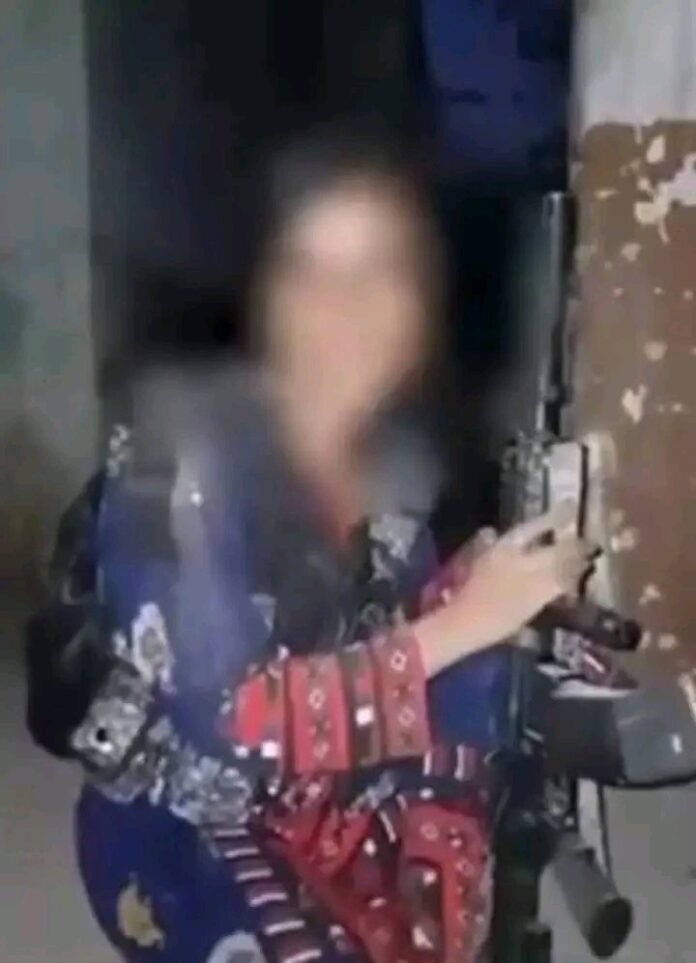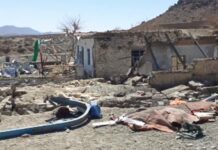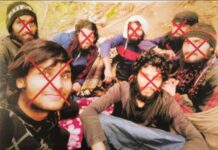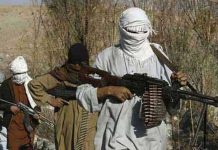Quetta: Baloch Liberation Army (BLA) has declared that its modern air and drone warfare unit “QAHR” (Qazi Aero Hive Rangers) is fully operational and it successfully executed initial missions during the recent ‘Operation Herof phase II’.
QAHR represents stage of BLA military development aligning Baloch resistance with latest combat requirements. This unit continues organization’s intellectual vision that believes in advancing resistance not just as reaction but as planned scientific and sustainable strategy. Organization attributes “QAHR” unit to intellectual and organizational legacy of senior commander Abdul Basit Zehri alias Qazi who gave fundamental importance to technology research and institutional building in resistance ranks and played significant role in establishment of “QAHR”.
QAHR executed debut operations in Operation Herof 2.0. Most prominent of these operations was systematic and coordinated drone attacks on Gwadar Port. These attacks targeted enemy’s military infrastructure, port facilities and communication infrastructure, inflicted heavy casualties and structural damage to the enemy. These attacks not only proved decisive militarily but also added new dimension to situation of Baloch National Liberation Movement.
Drone technology grants organization ability to carry out long-range strike capacity and power to reach enemy’s sensitive areas, monitor them and target them at unexpected moments, which creates stability in domain outside ground war zone. BLA understands modern battlefield exists not only on ground but has expanded into air and cyberspace and “QAHR” is initial but powerful expression of organization’s presence in these domains.
Drone strikes carried out on various fronts of Operation Herof 2.0 created pressure for enemy to upset war balance, effects of which were clearly seen on morale, mobility and speed of reaction of enemy’s ground forces.
Baloch Liberation Army confirms “QAHR” unit will remain important component of organization’s strategy in future as well and through it organization’s combat capabilities will expand further. This unit will not only be used in operations against enemy but all domains such as intelligence, communication networks support and coordination of ground units will now be included in scope of this air unit.
BLA believes national resistance can only be sustainable when it stands up to enemy in intellectual, scientific and technological fields. “QAHR” is starting point in this long resistance campaign that enters liberation struggle into new era defined by air superiority, information dominance and technological capability, elements that transform political ideas into decisive action.

